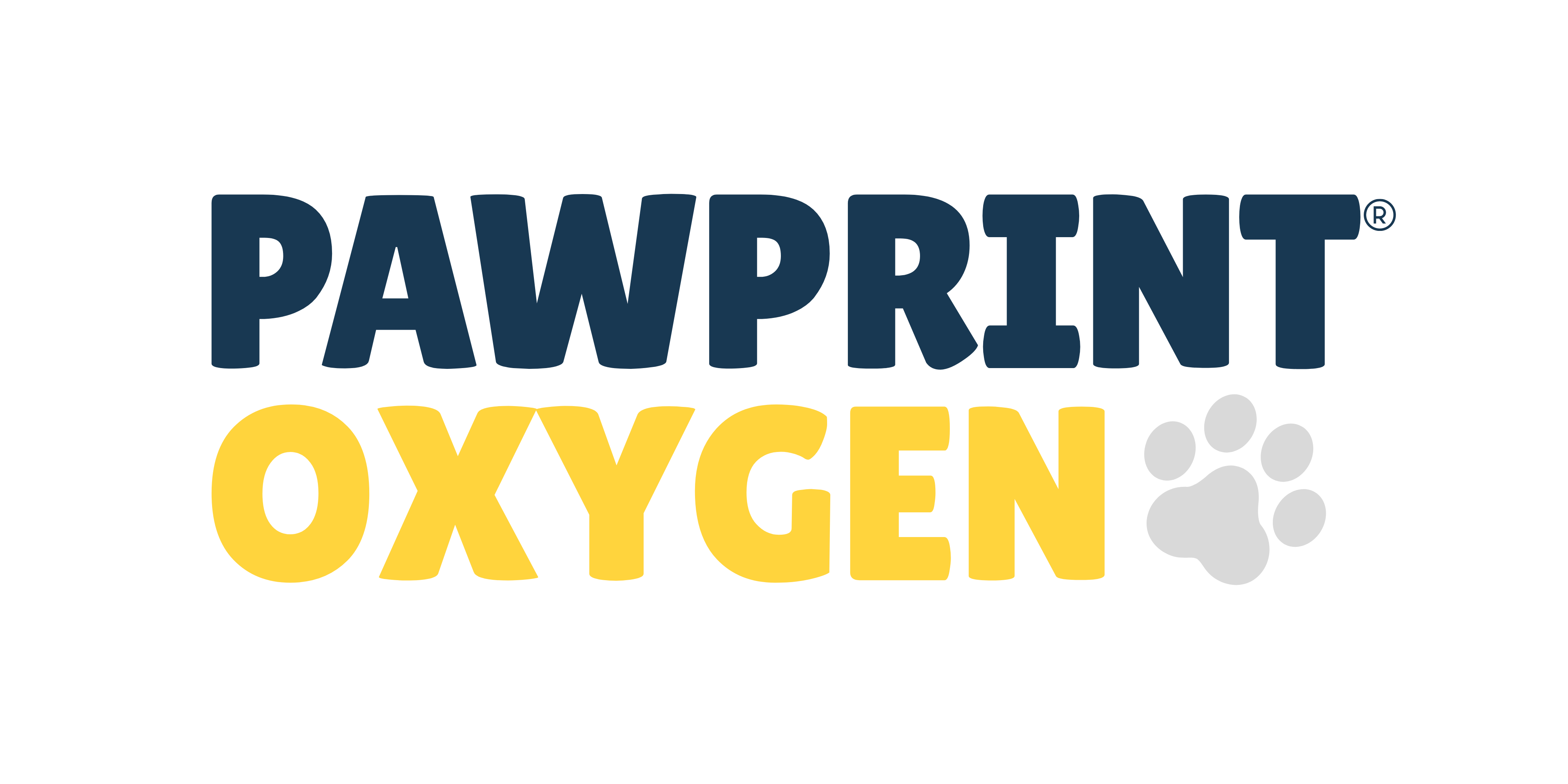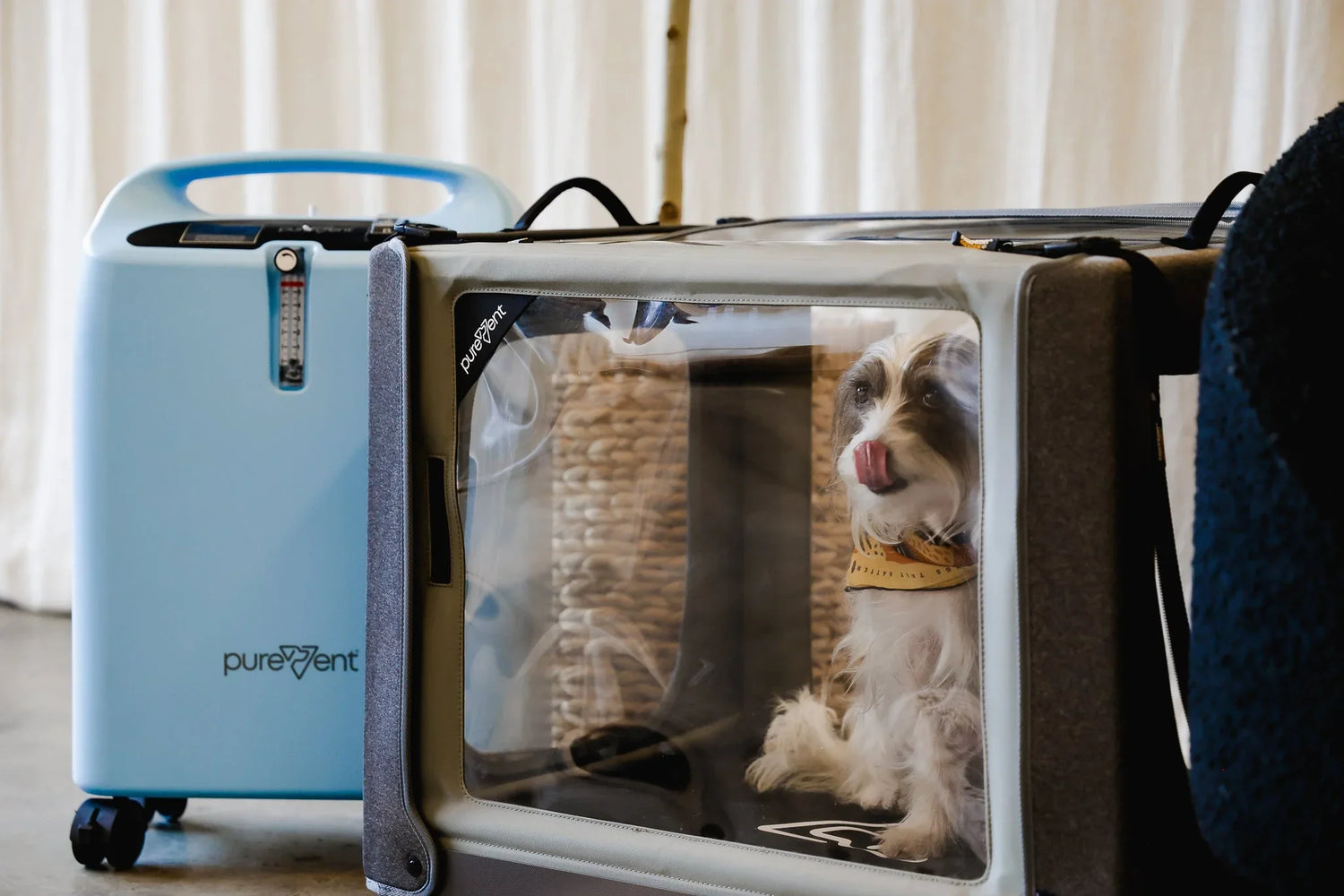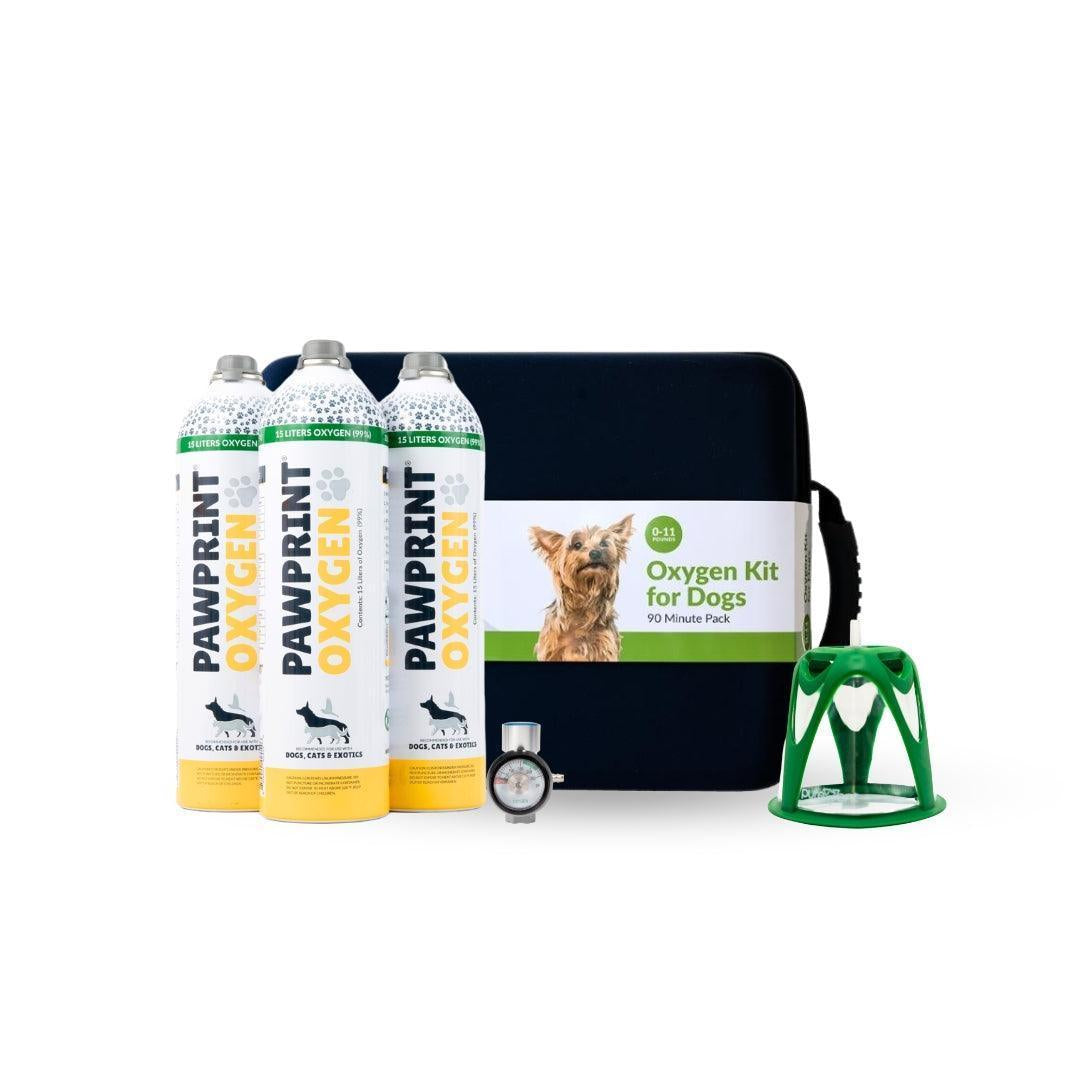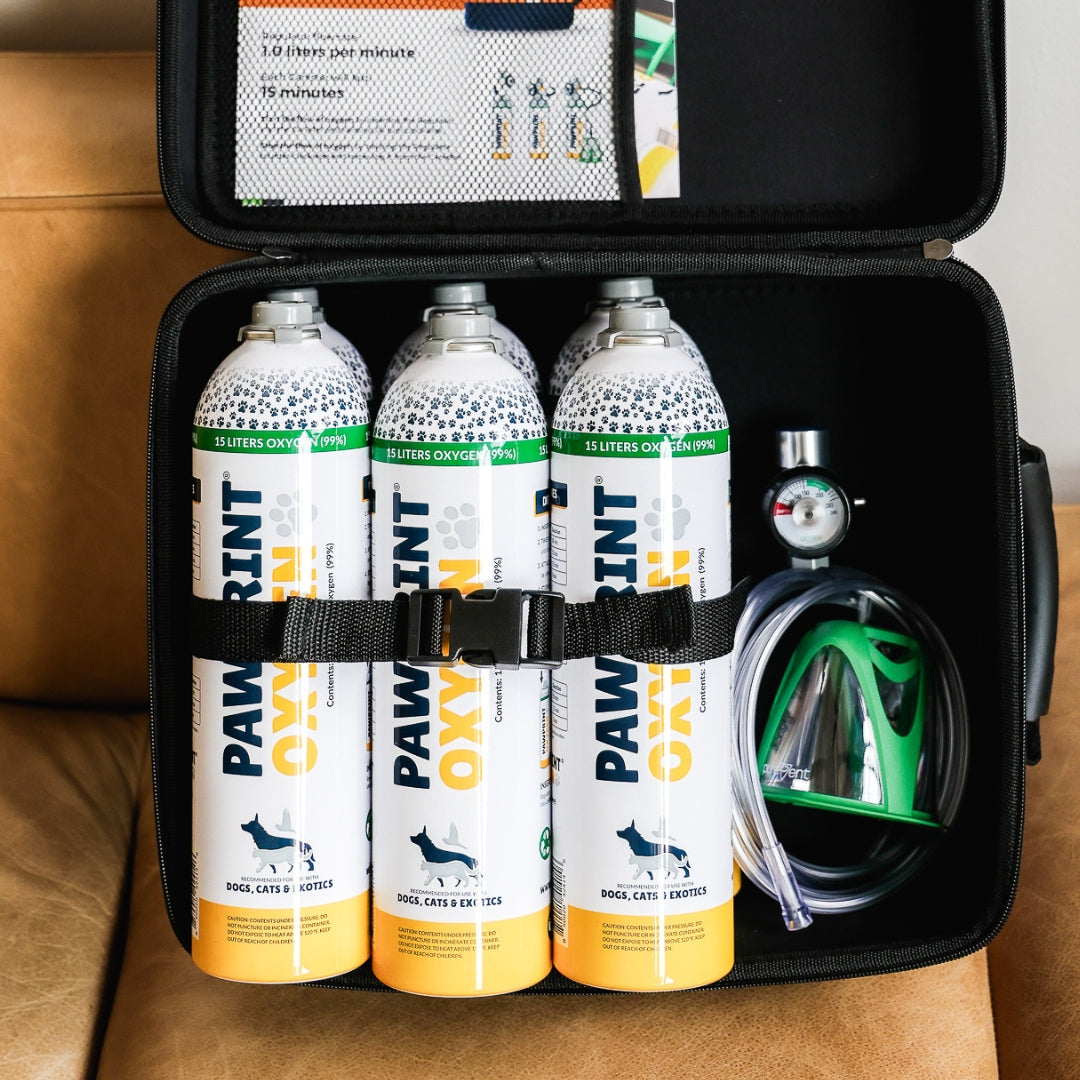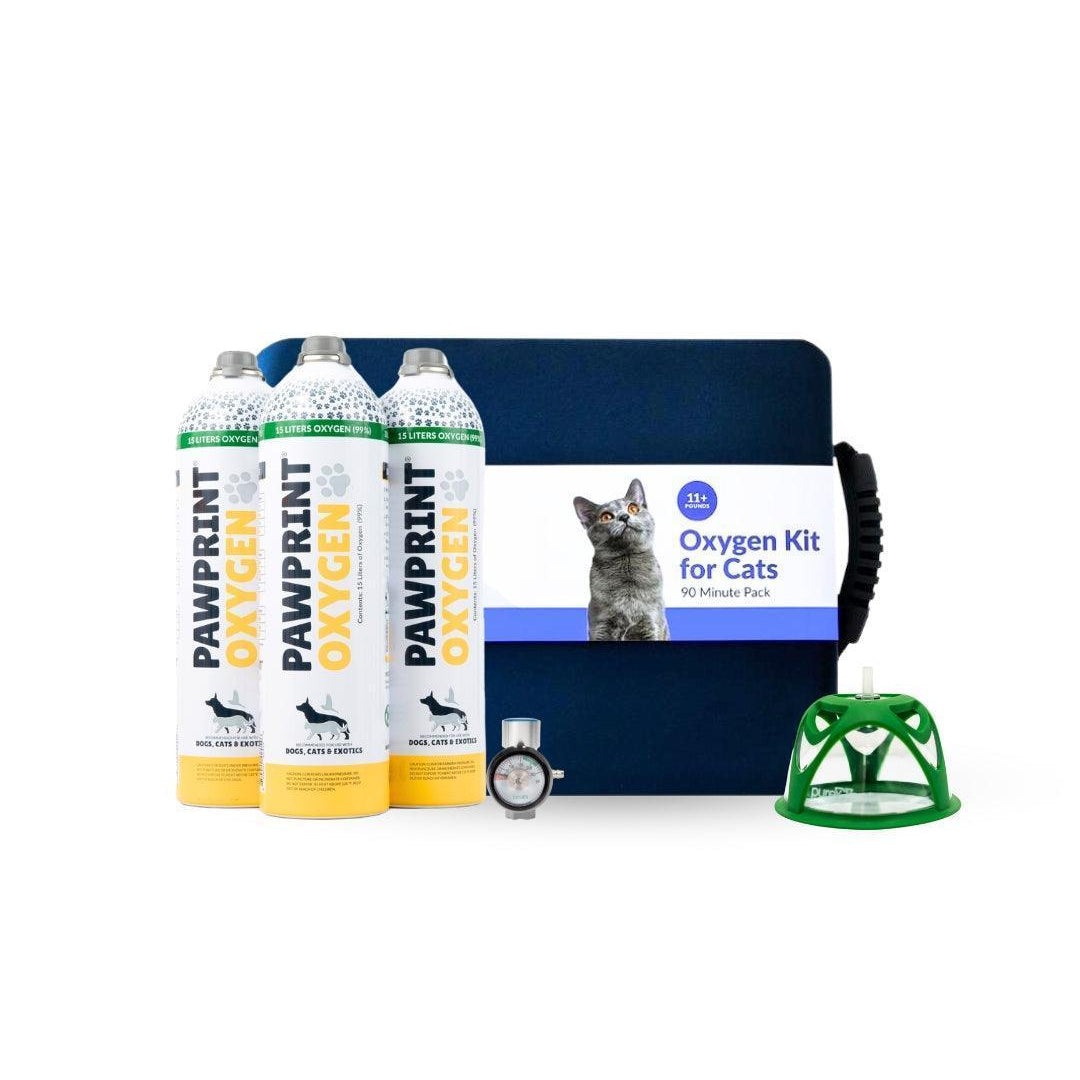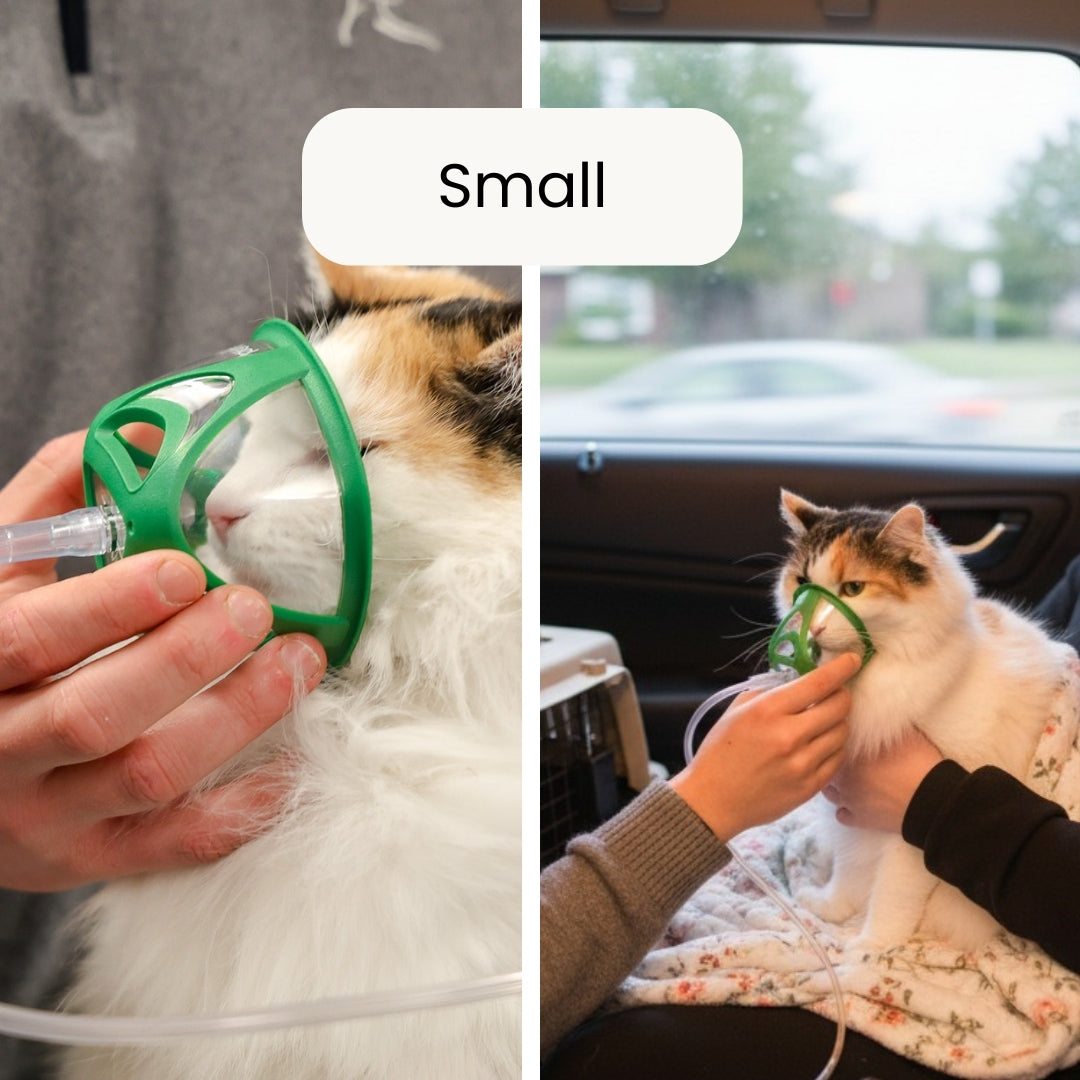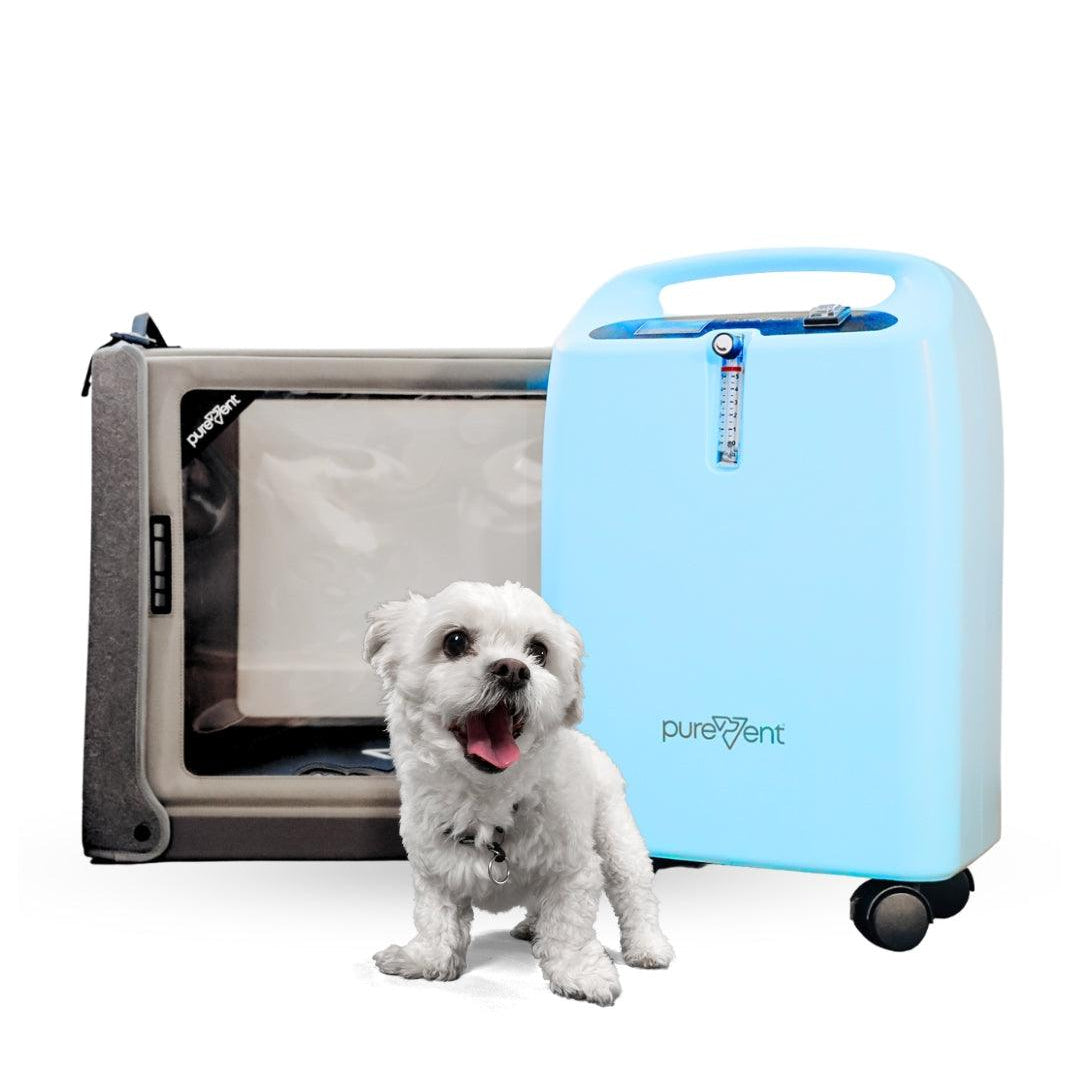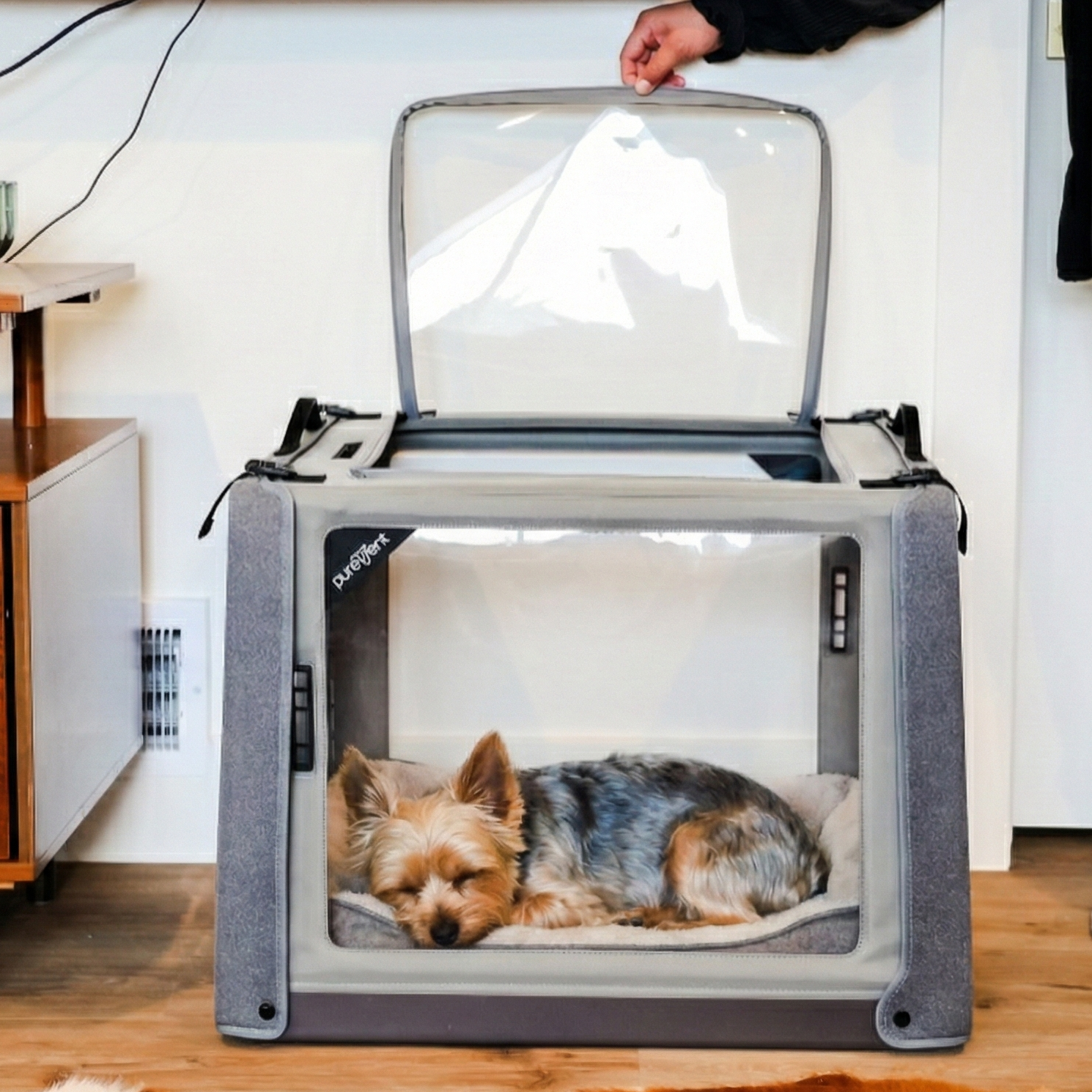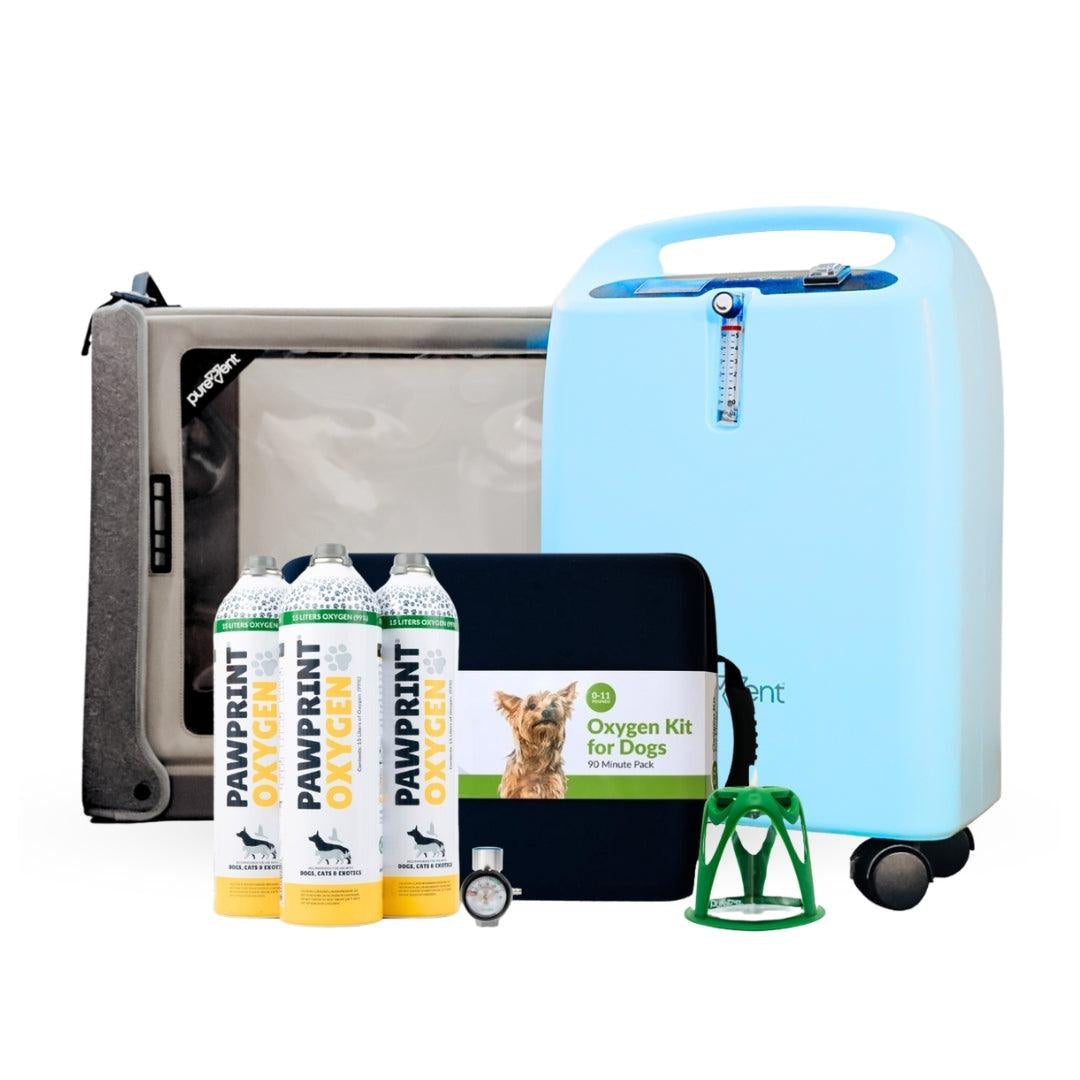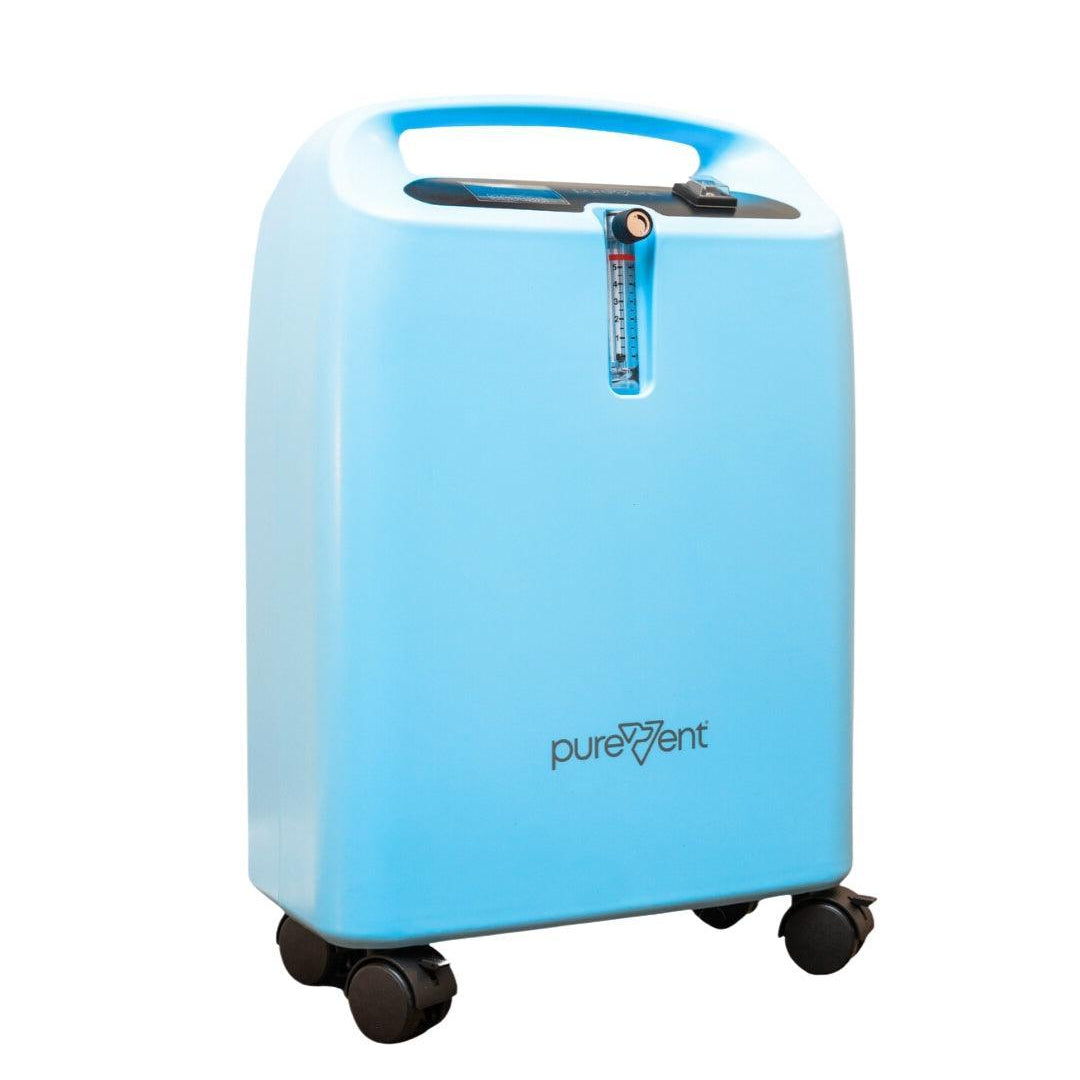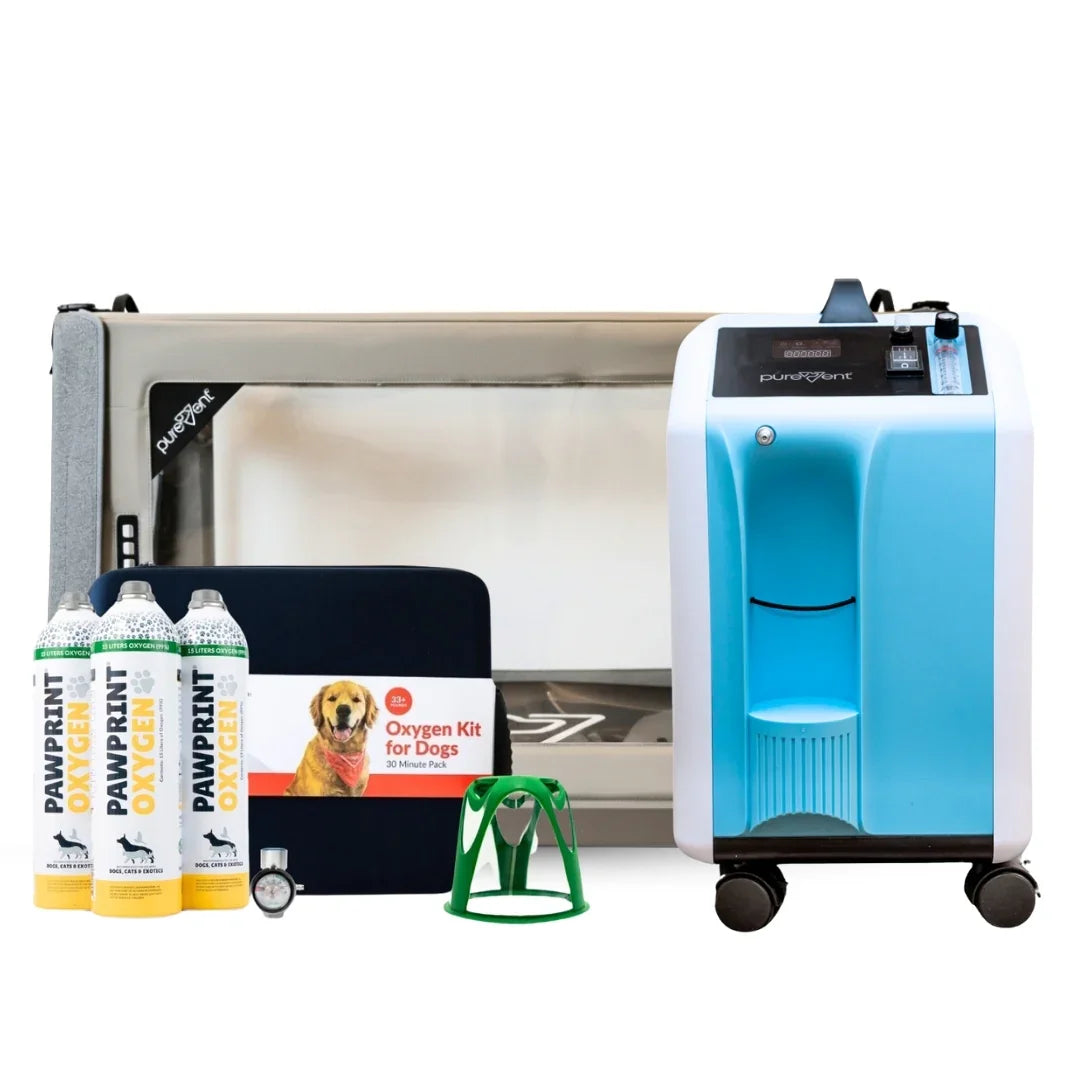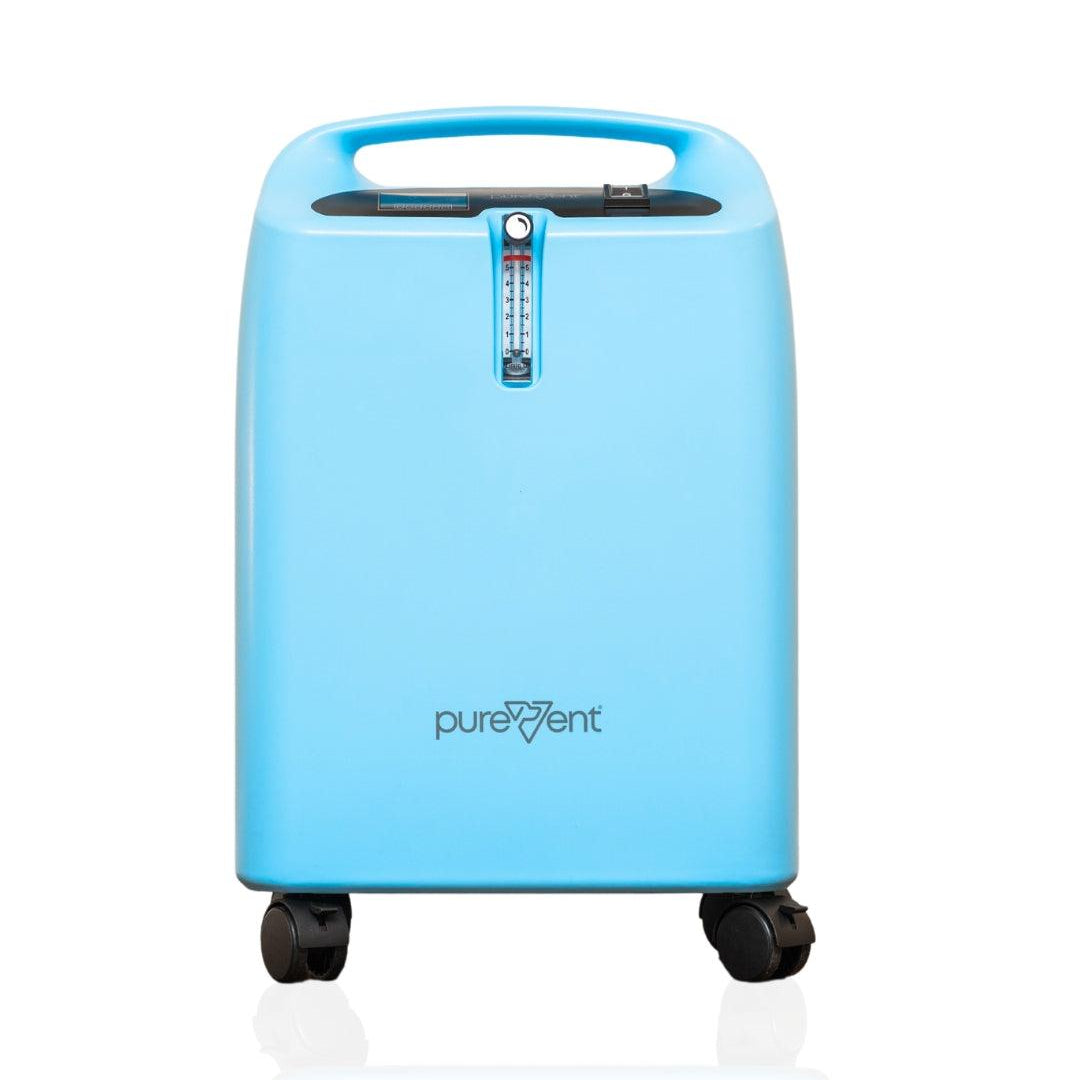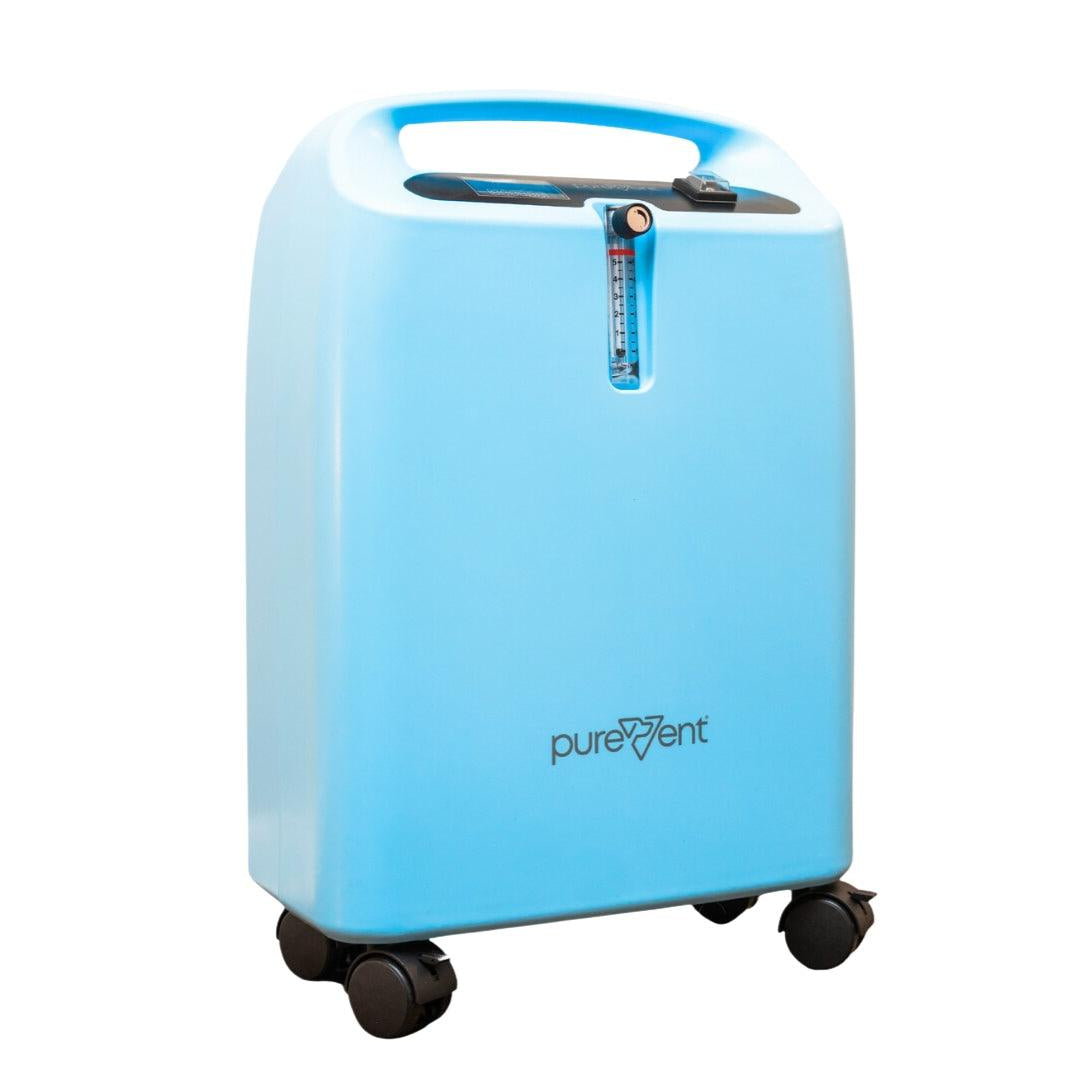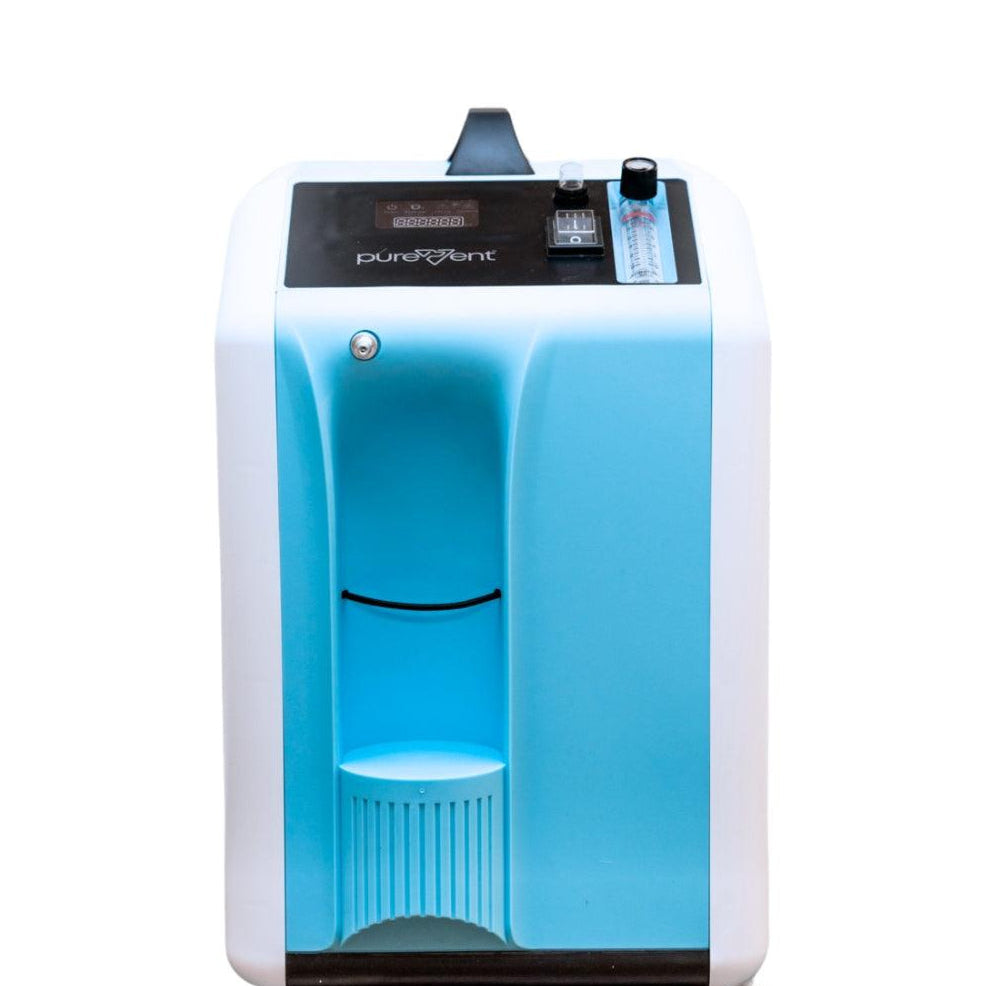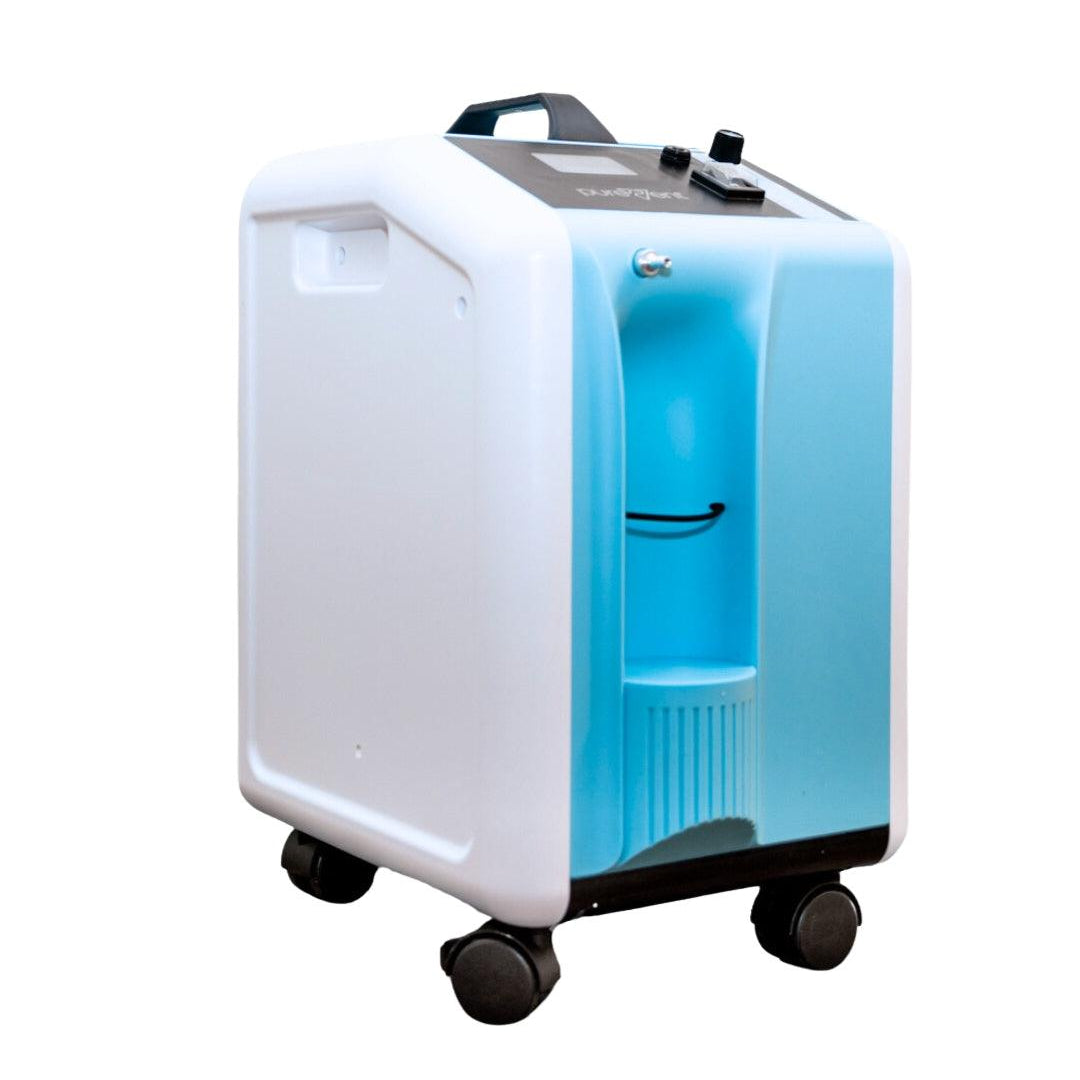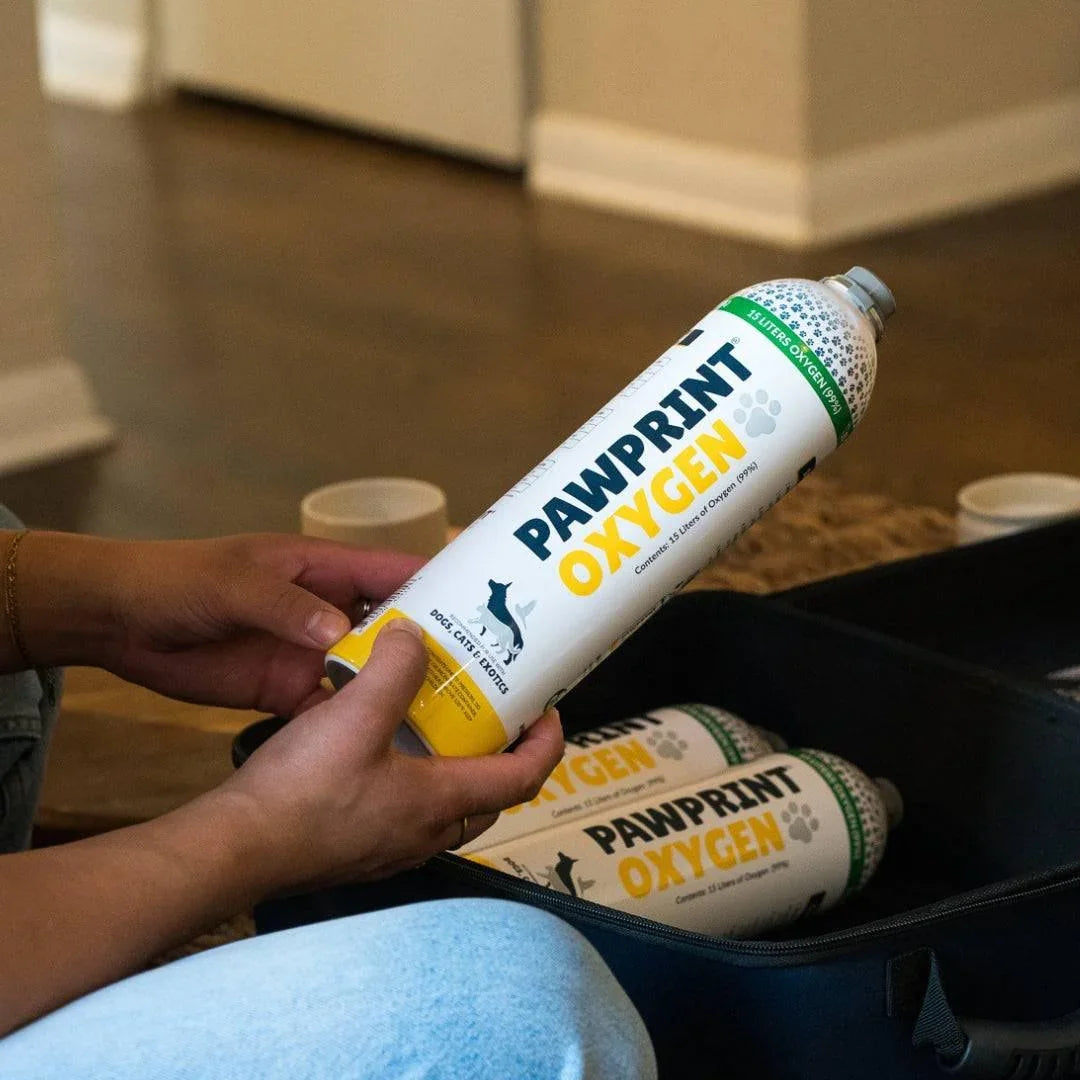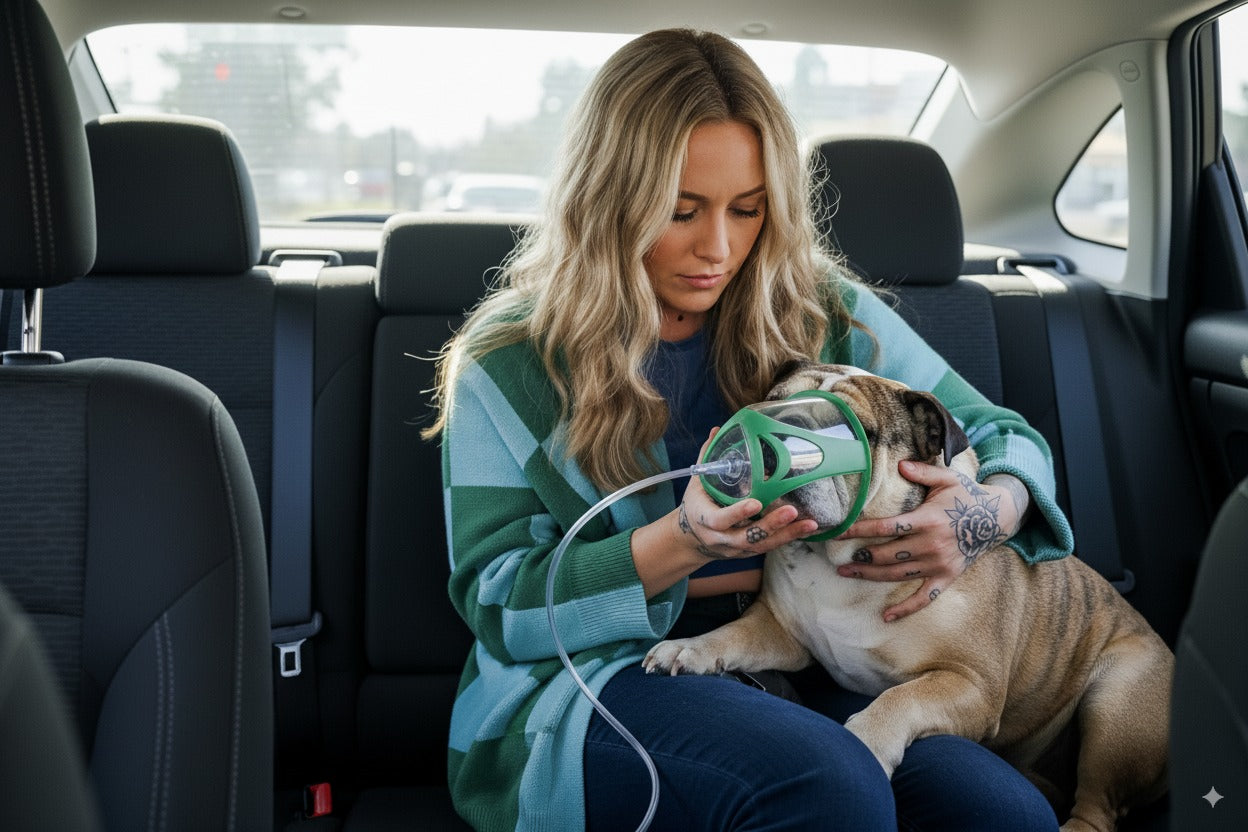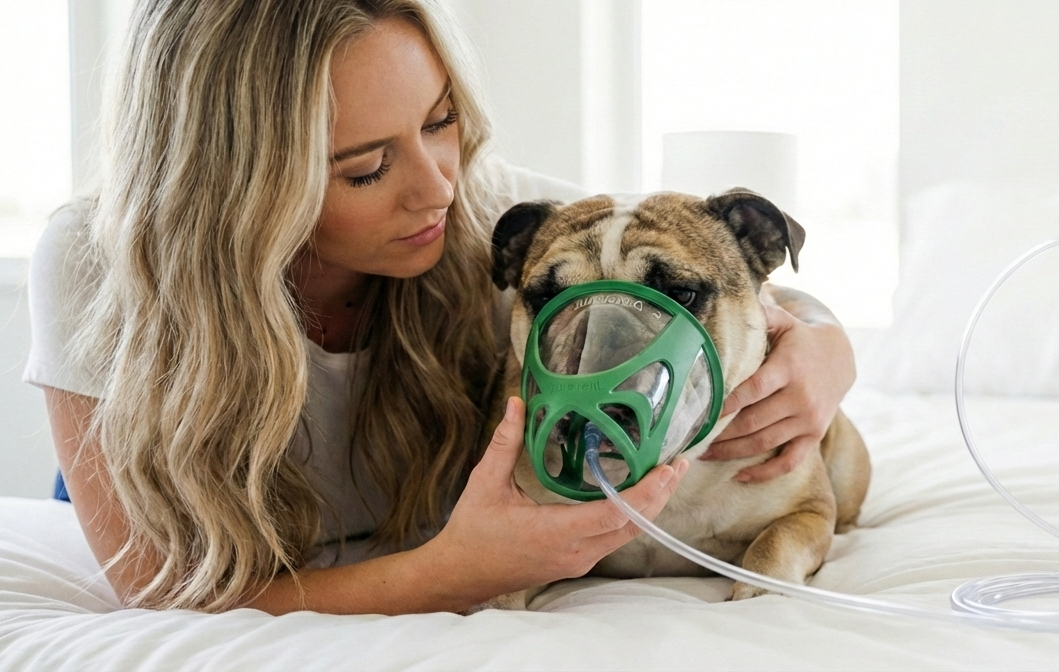Pneumonia in pets is a serious respiratory condition that occurs when the lungs become inflamed due to infection, aspiration, or other underlying health issues. It can cause symptoms such as coughing, labored breathing, lethargy, and loss of appetite, and may progress rapidly without proper treatment.
The good news is that pneumonia is treatable, especially when veterinary care is sought early. With the right combination of medications, supportive therapies, and at-home care, many pets go on to make a full recovery.
In this article, we’ll walk you through what causes pneumonia in pets, the treatment options available, and what factors can influence your pet’s recovery. Whether your pet has just been diagnosed or you’re navigating the road to healing, we’re here to provide clarity and hope.
Table of Contents
What Is Pneumonia in Pets?
Pneumonia causes inflammation in the lungs, making it difficult for pets to breathe and get the oxygen they need. It occurs when the air sacs in the lungs (alveoli) fill with fluid or pus, typically due to an infection or the inhalation of foreign substances.
There are several types of pneumonia that can affect dogs and cats:
- Bacterial pneumonia is the most common and is usually caused by respiratory infections.
- Viral pneumonia often precedes or accompanies bacterial infections, especially in young or immunocompromised animals.
- Fungal pneumonia is less common but can occur when pets inhale fungal spores, particularly in certain geographic regions.
- Aspiration pneumonia happens when a pet inhales food, vomit, or other substances into the lungs, often during anesthesia or in pets with swallowing difficulties.
Understanding the type and cause of pneumonia is critical to determining the most effective treatment plan and improving the chances of a full recovery.
Signs and Symptoms of Pneumonia to Watch For
Recognizing the early signs of pneumonia in your pet can make a significant difference in how quickly they receive treatment and begin to recover. While symptoms can vary depending on the cause and severity of the illness, there are several key indicators that pet parents should be aware of.
A persistent cough or wheezing sound is often one of the first noticeable signs, followed by labored or rapid breathing that may worsen with activity. You might also observe nasal discharge, which can be clear, yellow, or green, as well as a sudden drop in energy levels. Pets with pneumonia often become lethargic, lose interest in food, and may develop a fever or begin to shiver.
If your dog or cat shows any of these symptoms, it’s important to contact your veterinarian promptly. Early intervention greatly increases the chances of a full recovery.
How do veterinarians diagnose pets with pneumonia?
Veterinarians will perform a physical exam and use a combination of diagnostic tests to diagnose your pet with pneumonia. X-rays, bloodwork, and cultures are some common diagnostic tests veterinarians may utilize.
What kinds of pets get pneumonia?
Pneumonia can affect all breeds and ages of dogs, cats, birds, and many small mammals, like rats, hamsters, and rabbits.
How do pets get pneumonia?
There are several causes of pneumonia, from bacterial, viral, or fungal to inhaling particles (called aspiration pneumonia). Treatments may differ between the different kinds of pneumonia, so veterinarians will work to try to pinpoint the cause before starting medications for your pet with pneumonia.

How Pneumonia Is Diagnosed
If your pet is showing signs of pneumonia, a prompt veterinary exam is essential to confirm the diagnosis and begin appropriate treatment. Your veterinarian will perform a thorough physical examination, listen to your pet’s lungs with a stethoscope, and assess their overall health and history to guide the next steps.
To accurately diagnose pneumonia and determine its severity, your vet may use several diagnostic tools:
Chest X-rays are commonly used to visualize fluid or inflammation in the lungs and to assess the extent of the disease.
Blood tests can help identify signs of infection, inflammation, and how well your pet’s organs are functioning during illness.
Tracheal wash or bronchoalveolar lavage involves collecting fluid samples from the lower airways to identify the specific bacteria, virus, or fungus causing the infection. This allows for targeted treatment with the most effective medications.
Early and accurate diagnosis is key to developing a treatment plan that supports a full and timely recovery.
Treatment Options for Pneumonia
Treating pneumonia in pets requires a multifaceted approach tailored to the underlying cause and severity of the condition. Once a diagnosis is confirmed, your veterinarian will recommend a treatment plan designed to clear the infection, reduce inflammation, and support your pet’s recovery.
- Antibiotics or antifungals are prescribed based on whether the pneumonia is bacterial or fungal in origin. These medications target the infection directly and are typically administered over several weeks.
- Anti-inflammatory drugs or cough suppressants may be used to reduce lung inflammation and help manage coughing, though these are prescribed cautiously to ensure coughing remains productive when necessary.
- Fluid therapy and nutritional support are often essential, especially if your pet is dehydrated or has lost their appetite. Proper hydration and nutrition play a critical role in healing.
- Supplemental oxygen may be necessary for pets showing signs of oxygen deprivation or labored breathing. Oxygen therapy can be provided at the veterinary hospital or, in some cases, at home with the use of oxygen concentrators or portable oxygen kits.
- Hospitalization is required for pets with severe pneumonia who need round-the-clock monitoring, intravenous medications, or intensive respiratory support.
With timely and appropriate treatment, many pets respond well and go on to make a full recovery, especially when supportive care is continued at home under veterinary guidance.
How Supplemental Oxygen Can Help
Pneumonia interferes with your pet’s ability to breathe efficiently by filling the lungs with fluid or inflammation, which disrupts normal oxygen exchange. This can lead to low blood oxygen levels (hypoxemia), making it difficult for your pet to get the oxygen their body needs to function properly.
Supplemental oxygen provides critical support during this time, helping to:
- Ease breathing and reduce the effort required to inhale, allowing your pet to rest and recover more comfortably.
- Minimize fatigue and stress caused by oxygen deprivation, which can otherwise worsen your pet’s condition and delay healing.
Oxygen therapy can be delivered in several ways:
- In-hospital oxygen cages provide a controlled environment where oxygen levels can be carefully monitored by veterinary staff.
- At-home oxygen solutions, such as oxygen concentrators or portable rescue oxygen kits, offer ongoing support in a familiar, stress-free environment, particularly helpful for pets recovering from pneumonia or managing chronic respiratory conditions.
It’s important to work closely with your veterinarian to determine if supplemental oxygen is needed, and to ensure it is administered safely and effectively. When used appropriately, oxygen therapy can significantly improve your pet’s comfort and recovery timeline.
At-Home Care and Monitoring
Once your pet is stable enough to return home, your role in their recovery becomes especially important. Providing attentive, consistent care at home helps ensure that the progress made during treatment continues and that complications are avoided.
Administer all medications exactly as prescribed, including antibiotics, antifungals, or anti-inflammatory drugs. Complete the full course, even if your pet seems to be feeling better, to prevent relapse or antibiotic resistance.
Encourage rest and hydration by creating a calm, quiet environment and offering fresh water and nutritious meals. Some pets may benefit from warmed or wet food to encourage appetite during recovery.
Monitor your pet’s breathing closely. Watch for signs of increased respiratory rate, labored or open-mouth breathing, or persistent coughing. Keeping track of these symptoms can help your vet assess how well your pet is responding to treatment.
Know when to seek follow-up care or emergency help. If your pet’s breathing worsens, they become lethargic, stop eating or drinking, or show signs of distress, contact your veterinarian right away.
With proper care and monitoring, many pets recover fully from pneumonia and return to their normal lives. Staying observant and proactive during this stage is key to helping your pet heal.
Prognosis: Can My Pet Fully Recover?
The outlook for a pet diagnosed with pneumonia is often positive, especially when the condition is caught early and treated promptly. However, several factors can influence how quickly and completely your pet recovers.
- The underlying cause and severity of the pneumonia play a major role. Bacterial pneumonia typically responds well to antibiotics, while fungal or aspiration pneumonia may require a more prolonged or complex treatment plan.
- Your pet’s age and overall health also matter. Young, otherwise healthy pets usually recover faster, while senior pets or those with weakened immune systems may take longer to heal.
- Timeliness of treatment is critical. The earlier pneumonia is diagnosed and addressed, the better the chances for a full recovery. Delays in care can lead to complications like chronic lung damage or secondary infections.
With proper veterinary treatment, supportive therapies like oxygen and hydration, and diligent at-home care, many pets go on to make a full recovery. In some cases, especially if the pneumonia is caused by an ongoing health issue such as a collapsing trachea or immune deficiency, long-term management may be needed to prevent recurrence and keep symptoms under control.
Your veterinarian will guide you through what to expect based on your pet’s specific situation and help you create a care plan that supports the best possible outcome.
Preventing Future Respiratory Infections
Once your pet has recovered from pneumonia, taking steps to prevent future respiratory infections is essential, especially if they have a history of respiratory illness or an underlying condition that increases their risk.
- Stay up to date on vaccinations. Core vaccines and those targeting respiratory diseases (like Bordetella or canine influenza) can help prevent some of the most common infectious causes of pneumonia, especially in social pets or those that frequent grooming facilities, kennels, or dog parks.
- Limit exposure to sick animals and environmental irritants. Keep your pet away from animals showing signs of illness and avoid areas with poor air quality, heavy smoke, or chemical fumes that can irritate the respiratory system.
- Treat upper respiratory infections promptly. What begins as a mild cough or nasal discharge can progress to pneumonia if left untreated. Early veterinary care can stop an infection before it reaches the lungs.
- Monitor pets with chronic conditions or breed predispositions. Pets with collapsed trachea, brachycephalic breeds (like pugs and bulldogs), and those with weakened immune systems may require closer monitoring and more proactive care to prevent recurrence.
By staying vigilant and working closely with your veterinarian, you can greatly reduce the chances of pneumonia returning—and help your pet breathe easier for years to come.
Recovery Is Within Your Reach
Pneumonia can be a serious and frightening diagnosis for any pet parent, but with timely veterinary care, a thoughtful treatment plan, and attentive at-home support, recovery is often within reach. Many pets go on to live full, healthy lives after overcoming pneumonia.
Early intervention, the use of supportive tools like supplemental oxygen, and careful monitoring during recovery all play a key role in helping your pet heal. Whether your pet requires hospitalization or can be managed at home, each step you take contributes to their comfort and long-term well-being.
Always work closely with your veterinarian to ensure your pet receives the most appropriate treatment for their specific condition. With the right care, your pet can breathe easy again.
